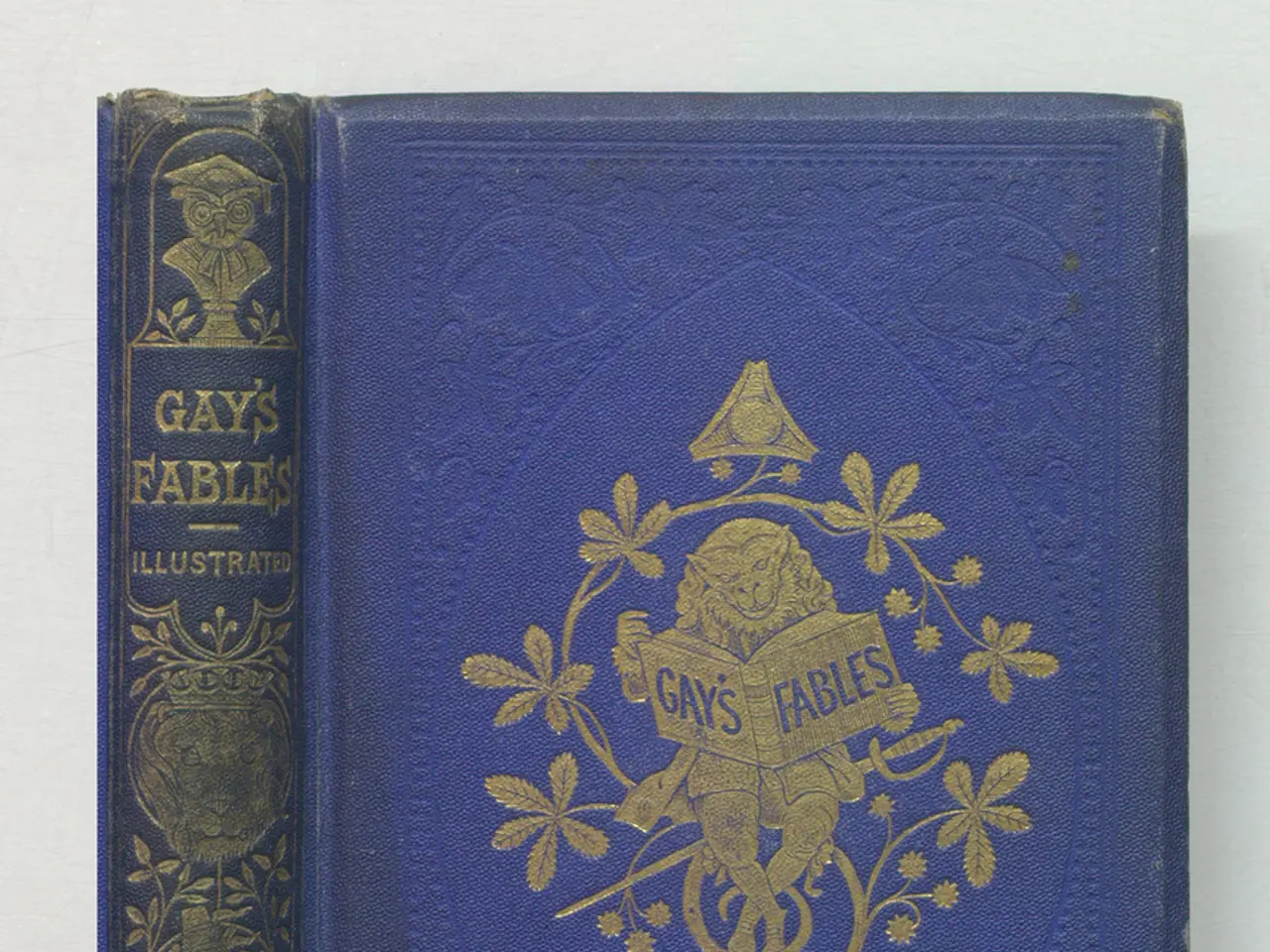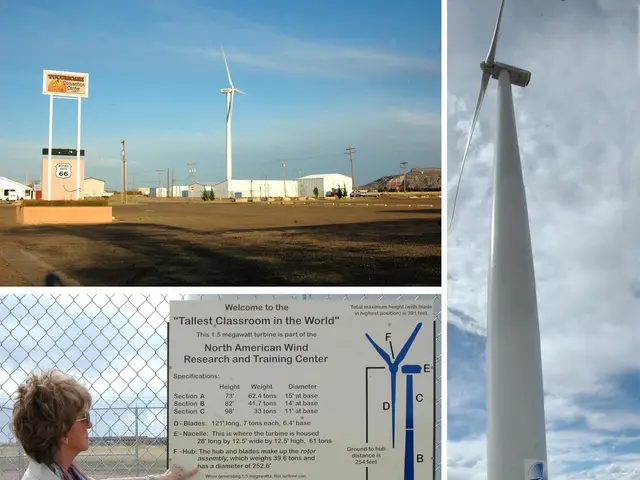Comprehensive Sex Education for All: Embracing Diversity in Sexual Health Education Benefits Everyone
In the realm of education, sex education has long been a topic of debate, particularly in relation to the U.S. Constitution. Several authors associated with The Pride Guide, such as Allison Moon, Laci Green, Rowan Ellis, Erika Moen, Hannah Witton, Julie Sondra Decker, and Inti Chavez Perez, have contributed to the discussion with books that delve into various aspects of this subject.
One crucial aspect that these authors address is the legal and constitutional aspects of sex education, focusing on parental rights, free exercise of religion, and educational policy debates. Books covering Supreme Court rulings on parental rights and free exercise of religion, like *Wisconsin v. Yoder* (1972), provide essential background, as this case established that the government cannot compel school attendance if it interferes with parents’ religious upbringing of their children. This framework is relevant to modern debates about sex education curricula and opt-out rights, as recent court cases have emphasized parents' rights to shield children from curriculum content they view as conflicting with their beliefs.
Another important area of interest is the evolution of sex education laws and policies in the United States. Scholarly works in this field trace the decentralization of sex education decisions, the varying curriculum content by state, and the growing controversies around LGBTQ+ topics. The histories of how sex education became a required subject in many states, the opt-out provisions, and the pushback against inclusive curricula (like Florida’s Parental Rights in Education Act) are key issues underpinning constitutional debates about education and free speech.
The intersection of Title IX and gender rights is another significant area of focus. Books addressing Title IX—an important federal law prohibiting sex discrimination in education—can add context about gender, sexuality, and education law. For example, the project and book titled *37 Words: Title IX and Fifty Years of Fighting Sex Discrimination* traces the history of sex discrimination law in education and includes discussion about protections related to sexual orientation and gender identity.
For those seeking specific book titles, well-regarded works that often come up in this field include *Sex Ed for Grown-Ups: Everything You Should Have Learned in School but Didn’t* by Allison Hill, *Sex Education in America: The Politics of Sex and Schooling* by David L. Baldridge, and *Educating about Sexuality and Sexual Health* edited by Shelley Zeitzer. Legal histories or case study books on *Wisconsin v. Yoder* and the role of the Supreme Court in education policy are also valuable resources.
In conclusion, these books collectively illuminate the complex historical relationship between sex education content, constitutional rights, and the political and cultural debates surrounding education in the United States. For those interested in understanding the intersection of sex education and the U.S. Constitution, these works provide a solid foundation for further exploration.
- The importance of mental health and personal growth in the lives of teens and adults is another topic addressed by authors associated with The Pride Guide, offering books on education-and-self-development that focus on fostering emotional well-being and resilience.
- Additionally, these authors explore the intersection of health and science in relation to sex education, with works such as *Sex Ed for Grown-Ups: Everything You Should Have Learned in School but Didn’t* by Allison Hill, which discusses the biological and physical aspects of sexual health and wellness.
- The relevance of libraries and bookstores in the distribution and accessibility of sex education resources is another facet addressed in these works, advocating for the importance of libraries as spaces for education-and-self-development and centers of information focused on sexual health and mental wellness.
- Moreover, the intersection of health-and-wellness and mental-health issues in the context of sex education is another significant area of discussion in these books, shedding light on the importance of addressing the emotional and psychological impacts of sexual activities and relationships.
- Lastly, these books encourage a comprehensive approach to sex education, acknowledging the interconnected nature of topics such as politics, culture, science, personal growth, and health, and highlighting the necessity for ongoing dialogue and education on these important issues.




